Many would be gladly excited to remind me that I live in the land of censorship, not comfortably in their “free world.” I will not dispute that.
There are, indeed, a number of topics here I would not approach with a ten-foot pole. But not because of governmental edicts. I would not discuss anything with anyone, from China or elsewhere, related to nationalism, as an example, its blind fervor, particularly in times of extreme febrility, when an inflated pride, almost bursting, in one’s country obnubilates judgment. Reactions become then so dangerously emotional and violent. Some may want to die for ideas, but I find there’s no point in dying for the absence of ideas in others.
Nationalism and fascism can be intertwined so closely, it's hard at times to tell them apart. The phenomenon may weaken by itself, simply a momentary surge in self-importance inscribed in a history of defeat, shame, humiliation – objective or subjective. An intense sense of achievement quickly put into place to repair one’s image. And often soon enough the views of grandeur calm themselves down and are replaced by a more balanced frame of mind.
Or they don’t.
Instead, they may keep mushrooming, answering to a rough need for ferocity, the toxic pleasures stemming from a sadistic attitude. The shutdown of the cerebral cortex, only infantile impulses left to govern the body. Crowds gathering and chanting slogans, moved by a powerful feeling of collective oneness, where not a single individual remains standing up, thinking for him or herself. Waves of ready-made simplistic answers pushing the troops. An overwhelming craving for brutality in a disincarnated context, where no one feels responsible anymore. The thrills of hostility, the magnitude of monolithic beliefs in one’s durable supremacy. You cannot discuss with such people when they are carried by the strength of aggressive communal formulas. You first run, and then turn around and fight back. But you don’t discuss. That may come, but much later.
Of course, I’ve seen episodes of such behavior. Here, yes. Always bolstered by xenophobic fears, a huge susceptibility that can’t handle any type of contrariety. Where will it eventually lead, I don’t know. Perhaps part of a temporary adjustment. The ups and downs accompanying radical transitions. Whirlwinds of hesitations and alarm when faced with profound changes. So rapid that full-fledged adaptation is unrealistic within short time frames. In part supported by ignorance, other parts by a desire to flex and test one’s muscles. It might wear off, it might disappear with a bit of patience, sinking into a more stabilized vision of the environment.
And like I said, it might not.
But such demonstrations are not only typical of the Chinese. Nationalistic arrogance, being conceited, convinced of one’s eminence are quite widespread stances, even banal. You see them in so many places, expressed in so many ways. And in general, no one seems to mind.
So, when faced with such bolstered exhibitions, I keep quiet. I wait to see how events turn out, if they'll choose to repeat themselves in a quest for dominance. I practice a form of self-censorship, finding it useless to argue. But I make tons of mental notes. And I do put forward a cautious, attentive attitude, watching how sentiments unfold. Checking the pulse of thinking, quite worried when it wavers.
The censorship I’m confronted with here is almost always related to apprehensiveness about the outside world. Ingrained. Woven within a long tradition of failures to communicate adequately. Historically justified or not, that’s not the point. The past being what helps to understand causes, but not what can defend and support actual harmful positions.
I admit it: I watch my words, my examples, even quieting down information not to unnerve predispositions to escalate relationships into confrontations. What would be the purpose of moving on strictly emotional grounds, do I ask myself, for I would not be able to maintain the discussion on rational ones. Inevitable clashes would only reinforce feelings of persecution and misunderstanding, feeding anger and calls to redress an obviously deep-running inferiority complex. As mentioned, the issue is not to validate the present using bygone days, but to invoke antecedents to reconcile how one feels today with a sensible destination.
I had a similar position 35, 40 years ago when, in Quebec, fever ran high and independence movements grew into fervent activism. I deeply sympathized with much of the recriminations, finding that their roots were real and that problems needed to be addressed. But I didn’t go along with the mass euphoria, with interventions spurred by puffed up suspicion. Always a fear of what’s new, of the reasons triggering transformation. A society waking up, stunned at the presence of others. Afraid to be swallowed by the gigantic size of life outside its frontiers, beyond its language, surrounded on all sides by divergent viewpoints. Ways of doing things. Shocking beliefs hard to integrate into one’s structure.
So, when it was an imperative back home to only speak French, I went to an English-speaking school. Afraid I would be cornered into a narrow end if I followed the voice of the uniformed multitude. I required space, a tendency towards the miscellaneous. I wanted to confirm my ability to walk away. My aptitude at mixed messages. At the creation of a range of options. I could not stay in one place, mind-wise. I sought emergences. Escape in the form of variety, a surrounding where articulating one’s sense of identity didn’t matter so much and was replaced by identification to the immigrant’s search to counter his sense of lost in an unknown landscape. True, I related more to the newcomers’ struggle on an unfamiliar land than to the desire to hang on to everything that was known to my French catholic background.
About censorship, I knew it also back there, you see. Sanitizing my speech, getting rid of any homemade cultural references, not wanting to fall into senseless situations where I would be accused of treason. Dramatic societal betrayals, my back turned to the genuine and ‘legitimate’ desires of the population. A renegade among pure, faithful citizens adoring their homeland, a deserter, the heretic soul selling out its birthplace. Hideous and untrustworthy.
Thus, I was the teenager without heritage.
And I couldn’t speak my mind on either side of the fracture. Challengers to the French crusade often more short-sighted and dangerous. Replying with uncontrolled brutishness, incapable of empathy, staging ignorance at the forefront of their reactions.
(Self-)censorship is therefore nothing new to me. I cope with the one in China as I did in the sixties and seventies in Quebec. Quietly, waiting for the rage to pass. Evolving without discourse in the margins of popular movements. Hoping for the best as an initial position. Witnessing mutations and social spasms. The hiccups of civilizations as they grab each other’s throat. Weary even of the concept of dissidence. So many met, so-called insurgents, not so much critical of a system, but intoxicated by the prospect of power taken away from others, and falling into their own hands. Deliriously claiming to hold a better quality truth attesting to their unilateral right to rule.
That’s why I can live here and not suffer too much from the limitations put on speech. I find those everywhere. Cyclical. Attached to growing-up pains. As long as they don’t become the nerve center of all civil goals, I’ll just stand by and watch. Ready to move on, my own protest plan up my sleeve. For the fight must always be against stupidity, unassisted by national factors, if that can be.
Laolao
There are, indeed, a number of topics here I would not approach with a ten-foot pole. But not because of governmental edicts. I would not discuss anything with anyone, from China or elsewhere, related to nationalism, as an example, its blind fervor, particularly in times of extreme febrility, when an inflated pride, almost bursting, in one’s country obnubilates judgment. Reactions become then so dangerously emotional and violent. Some may want to die for ideas, but I find there’s no point in dying for the absence of ideas in others.
Nationalism and fascism can be intertwined so closely, it's hard at times to tell them apart. The phenomenon may weaken by itself, simply a momentary surge in self-importance inscribed in a history of defeat, shame, humiliation – objective or subjective. An intense sense of achievement quickly put into place to repair one’s image. And often soon enough the views of grandeur calm themselves down and are replaced by a more balanced frame of mind.
Or they don’t.
Instead, they may keep mushrooming, answering to a rough need for ferocity, the toxic pleasures stemming from a sadistic attitude. The shutdown of the cerebral cortex, only infantile impulses left to govern the body. Crowds gathering and chanting slogans, moved by a powerful feeling of collective oneness, where not a single individual remains standing up, thinking for him or herself. Waves of ready-made simplistic answers pushing the troops. An overwhelming craving for brutality in a disincarnated context, where no one feels responsible anymore. The thrills of hostility, the magnitude of monolithic beliefs in one’s durable supremacy. You cannot discuss with such people when they are carried by the strength of aggressive communal formulas. You first run, and then turn around and fight back. But you don’t discuss. That may come, but much later.
Of course, I’ve seen episodes of such behavior. Here, yes. Always bolstered by xenophobic fears, a huge susceptibility that can’t handle any type of contrariety. Where will it eventually lead, I don’t know. Perhaps part of a temporary adjustment. The ups and downs accompanying radical transitions. Whirlwinds of hesitations and alarm when faced with profound changes. So rapid that full-fledged adaptation is unrealistic within short time frames. In part supported by ignorance, other parts by a desire to flex and test one’s muscles. It might wear off, it might disappear with a bit of patience, sinking into a more stabilized vision of the environment.
And like I said, it might not.
But such demonstrations are not only typical of the Chinese. Nationalistic arrogance, being conceited, convinced of one’s eminence are quite widespread stances, even banal. You see them in so many places, expressed in so many ways. And in general, no one seems to mind.
So, when faced with such bolstered exhibitions, I keep quiet. I wait to see how events turn out, if they'll choose to repeat themselves in a quest for dominance. I practice a form of self-censorship, finding it useless to argue. But I make tons of mental notes. And I do put forward a cautious, attentive attitude, watching how sentiments unfold. Checking the pulse of thinking, quite worried when it wavers.
The censorship I’m confronted with here is almost always related to apprehensiveness about the outside world. Ingrained. Woven within a long tradition of failures to communicate adequately. Historically justified or not, that’s not the point. The past being what helps to understand causes, but not what can defend and support actual harmful positions.
I admit it: I watch my words, my examples, even quieting down information not to unnerve predispositions to escalate relationships into confrontations. What would be the purpose of moving on strictly emotional grounds, do I ask myself, for I would not be able to maintain the discussion on rational ones. Inevitable clashes would only reinforce feelings of persecution and misunderstanding, feeding anger and calls to redress an obviously deep-running inferiority complex. As mentioned, the issue is not to validate the present using bygone days, but to invoke antecedents to reconcile how one feels today with a sensible destination.
I had a similar position 35, 40 years ago when, in Quebec, fever ran high and independence movements grew into fervent activism. I deeply sympathized with much of the recriminations, finding that their roots were real and that problems needed to be addressed. But I didn’t go along with the mass euphoria, with interventions spurred by puffed up suspicion. Always a fear of what’s new, of the reasons triggering transformation. A society waking up, stunned at the presence of others. Afraid to be swallowed by the gigantic size of life outside its frontiers, beyond its language, surrounded on all sides by divergent viewpoints. Ways of doing things. Shocking beliefs hard to integrate into one’s structure.
So, when it was an imperative back home to only speak French, I went to an English-speaking school. Afraid I would be cornered into a narrow end if I followed the voice of the uniformed multitude. I required space, a tendency towards the miscellaneous. I wanted to confirm my ability to walk away. My aptitude at mixed messages. At the creation of a range of options. I could not stay in one place, mind-wise. I sought emergences. Escape in the form of variety, a surrounding where articulating one’s sense of identity didn’t matter so much and was replaced by identification to the immigrant’s search to counter his sense of lost in an unknown landscape. True, I related more to the newcomers’ struggle on an unfamiliar land than to the desire to hang on to everything that was known to my French catholic background.
About censorship, I knew it also back there, you see. Sanitizing my speech, getting rid of any homemade cultural references, not wanting to fall into senseless situations where I would be accused of treason. Dramatic societal betrayals, my back turned to the genuine and ‘legitimate’ desires of the population. A renegade among pure, faithful citizens adoring their homeland, a deserter, the heretic soul selling out its birthplace. Hideous and untrustworthy.
Thus, I was the teenager without heritage.
And I couldn’t speak my mind on either side of the fracture. Challengers to the French crusade often more short-sighted and dangerous. Replying with uncontrolled brutishness, incapable of empathy, staging ignorance at the forefront of their reactions.
(Self-)censorship is therefore nothing new to me. I cope with the one in China as I did in the sixties and seventies in Quebec. Quietly, waiting for the rage to pass. Evolving without discourse in the margins of popular movements. Hoping for the best as an initial position. Witnessing mutations and social spasms. The hiccups of civilizations as they grab each other’s throat. Weary even of the concept of dissidence. So many met, so-called insurgents, not so much critical of a system, but intoxicated by the prospect of power taken away from others, and falling into their own hands. Deliriously claiming to hold a better quality truth attesting to their unilateral right to rule.
That’s why I can live here and not suffer too much from the limitations put on speech. I find those everywhere. Cyclical. Attached to growing-up pains. As long as they don’t become the nerve center of all civil goals, I’ll just stand by and watch. Ready to move on, my own protest plan up my sleeve. For the fight must always be against stupidity, unassisted by national factors, if that can be.
Laolao



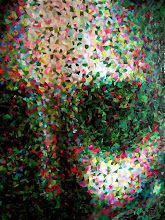
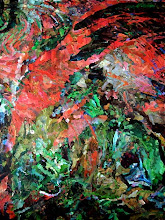
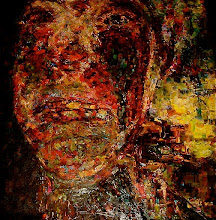
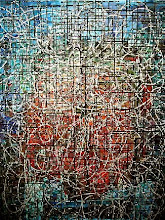
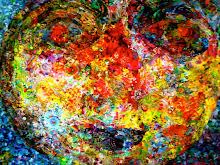
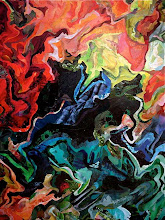
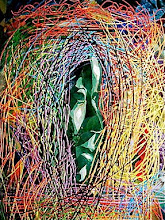
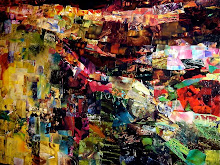
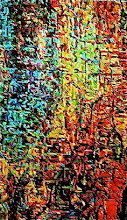
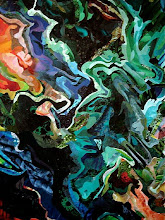
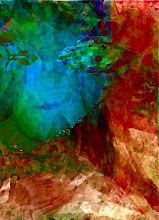.jpg)
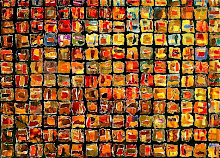
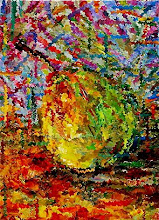
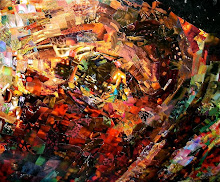
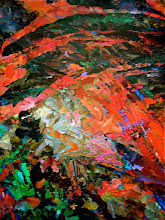
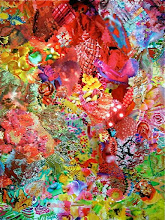
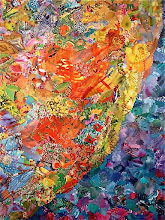
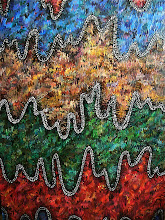
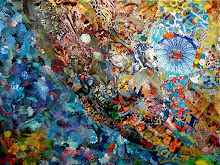
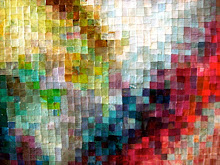
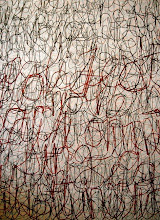
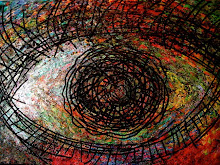
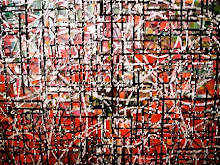

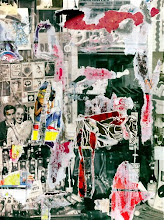
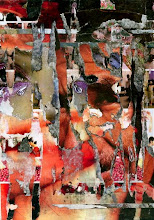
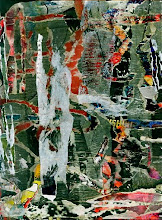
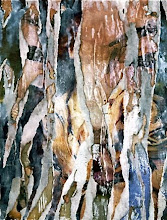


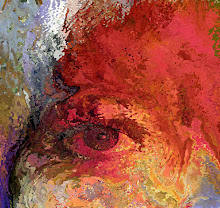
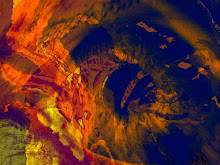
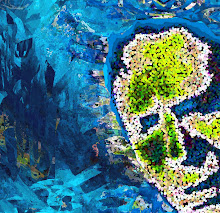
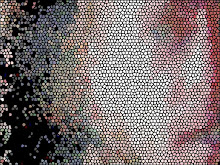.jpg)
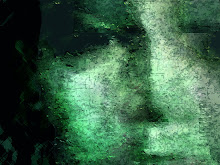
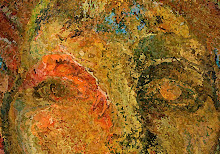
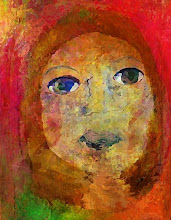.jpg)
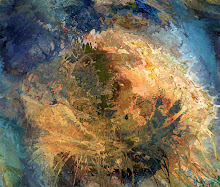
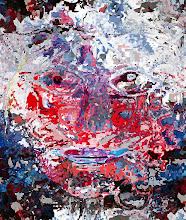
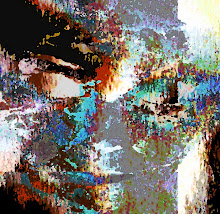
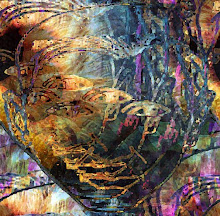


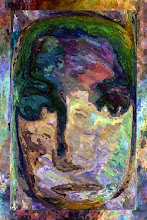photo+album).jpg)
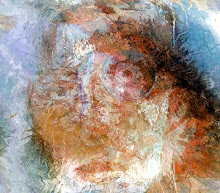.jpg)
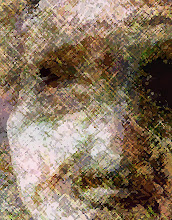
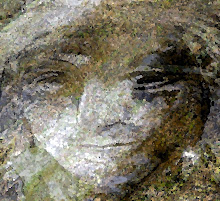
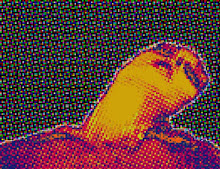
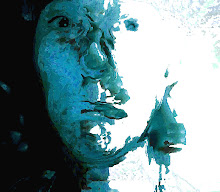
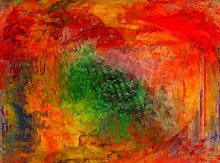





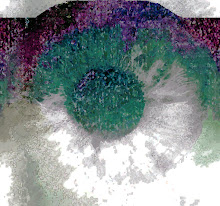
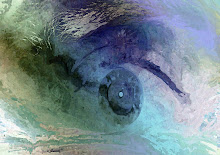

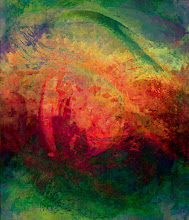

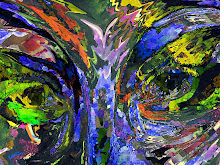
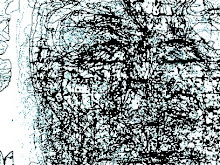.jpg)
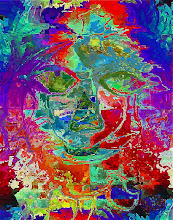

No comments:
Post a Comment